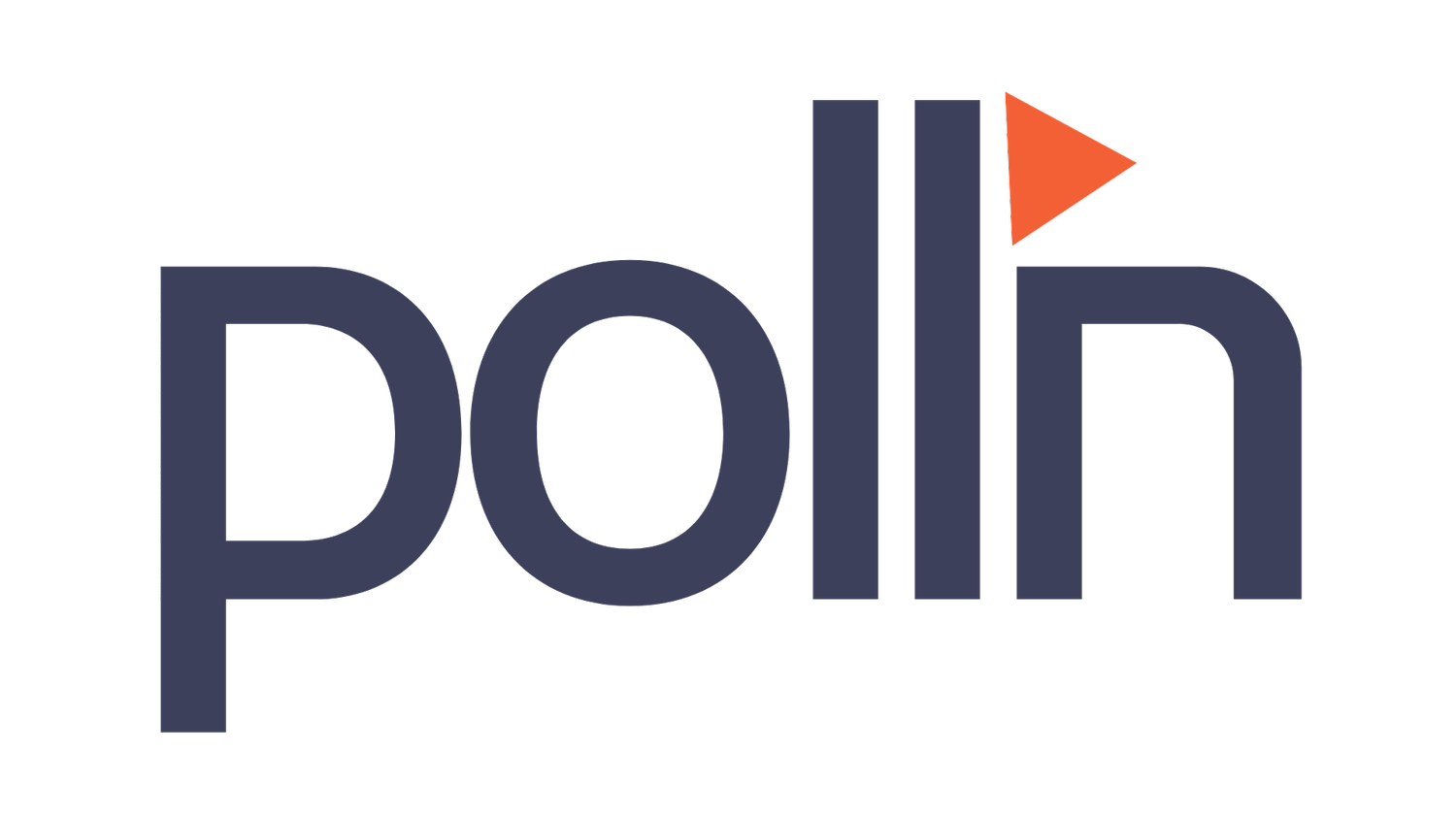Establishing a Firm Foundation
Updates from the first Boarding School Research Meeting
Huge thanks to all those who joined our online workshop on the 6th May 2025 - the first formal meeting of the LSBU Boarding School Community of Research Practice. What a fabulous meeting of minds! The first thing the group addressed was the name and positioning of the research group itself - with excellent feedback on the need to clarify our purpose, and neutralise any biases that might harm our endeavours. This was co-creation in action - and we loved it!
To maintain credibility and ensure we can influence change effectively, we agreed on a brand new name and mission:
LSBU Boarding School Research Community of Practice
To advance inter-disciplinary research into the role of boarding school
as a surrogate for home and evaluate long-term outcomes for
individuals, institutions and society
As we’ve developed the Community of Practice, and looked at ways we might bring information together and facilitate conversations across the sector. We started to feel that ‘Community of Practice’ is less accessible as a term, and we also felt that putting the Community of Practice onto a digital platform begged for simpler terminology.
So welcome to the BS Research Hub! (aka BSR HUB)
Maintaining Objectivity in a Complex Landscape
As the Hub concept has taken shape, we’ve returned again and again the key principle participants felt should underpin our approach: the need to avoid bias - both conscious and unconscious. We all agreed that valid and meaningful research outcomes can only be achieved through open-minded enquiry, in a way that reflects the full spectrum of experiences - including those who report positive impacts of boarding.
We all agreed that hidden biases -including those of class, institutional loyalty, and the psychological defences of boarding school survivors - must also be acknowledged in our research design.
To further mitigate potential blind spots in our own thinking - especially as many of us arrive as researchers through lived experience of Boarding School - we agreed we should aim for a balanced representation within this research community. That means making a concerted effort to invite both former boarders and non-boarders into the conversation, and to actively and respectfully hear all voices and viewpoints.
We also acknowledge the critical need for objectivity and self-care among researchers - again, especially for those with lived experience of boarding that may find aspects of this work triggering. This valuable feedback informed our decision to establish a dedicated Member’s-only Forum, with a defined application process, and to underpin our activities with a considered Ethics and Care Statement that will help guide our work.
We spoke at length about recognising the complexities and emotional sensitivities surrounding the topic of boarding. Hidden biases - including those of class, institutional loyalty, and the psychological defences of boarding school survivors - must also be acknowledged in our research design. But we must also recognise that many report enriching, positive experiences of boarding, and for many children with less-than-ideal home lives, boarding can be a lifeline.
We discussed how we might employ a range of methodologies to mitigate bias and uncover deeper truths, for example:
Self-reporting tools (e.g. Defence Mechanism Inventory)
Biosignal analysis (e.g. eye movement, polygraph)
Leadership and identity frameworks
Creative narrative methods (e.g. storytelling, drama, autobiography, art therapy)
We also agreed to that we need to implement clear protocols to avoid conflict of interest, to ensure transparency around financial ties, personal relationships, and institutional affiliations. One of our members kindly agreed to lead the development and management of our conflict of interest procedures.
Interrogating cultural mores
During the meeting, we also firmed up the structure of our 3 Specialist groups - Hidden Costs, Changing Narratives and The Institution, and their sub-groups (listed below). We have reviewed these terms, to ensure we are covering all bases, in a neutral, unbiased and inquisitive way, and have changed the headings to - Latent Effects, Rebalancing Narratives and The Institution.
This new format will help us focus in key critical areas, as we interrogate the prevalence and perceived validity of dominant cultural narratives and build an evidence base around the systemic and structural factors that may lead to lasting impacts on individuals, and the economies and societies in which boarding schools exist.
The three Specialist Groups and Sub-groups agreed at the 1st Hub meeting - 6th May 2025, renamed / reissued Aug 2025.
We will be developing clear terms of reference for members who are leading the Specialist Groups, and building a shared research library to support collaboration. If you’re interested in joining one or more of these Specialist groups, or have resources you would like to add to the library - please get in touch.

